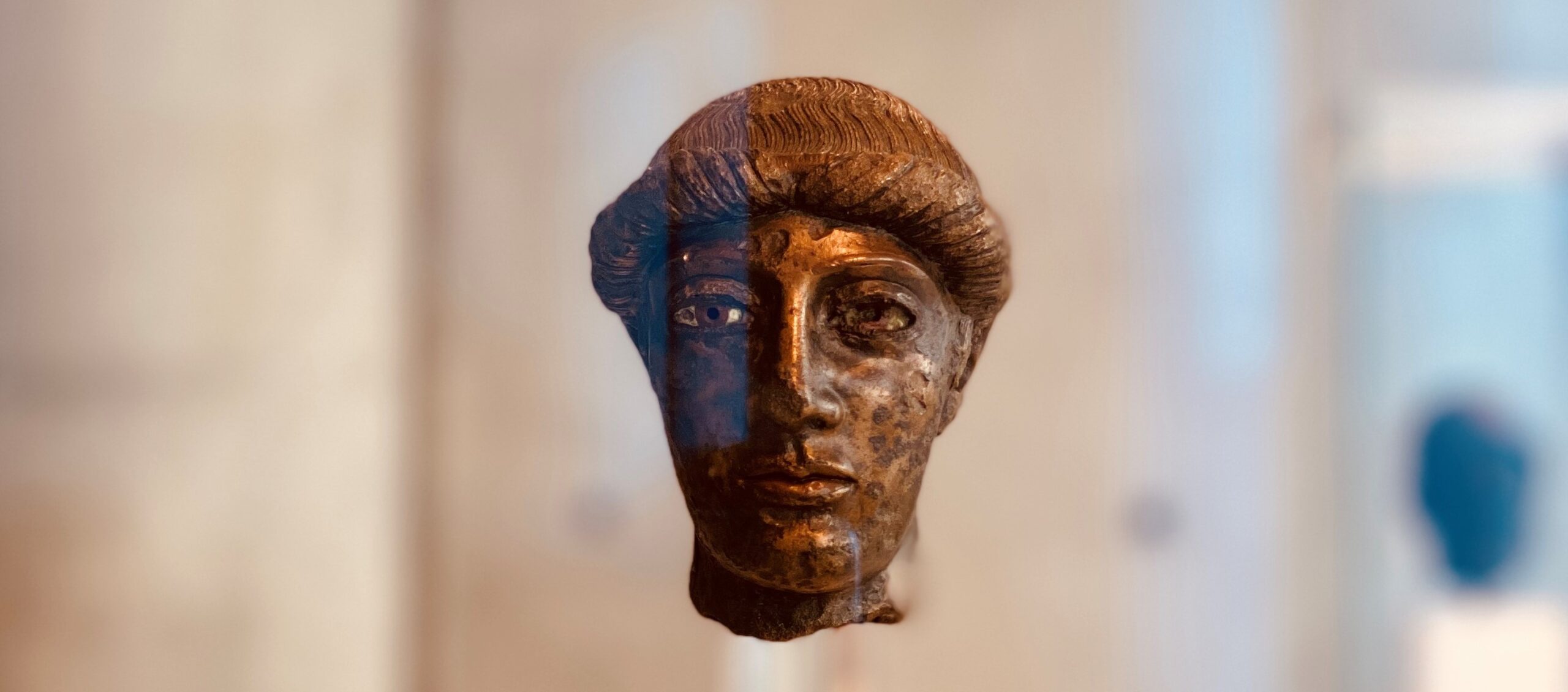I watched the documentary of the same name twice in the last couple of weeks. The first time, I was distracted by the very social media the documentary was warning us about so I endeavoured to watch again sans distractions. There was nothing in the documentary that I didn’t already know so I hope that more people watch it for good measure.
Social media hasn’t always been as polarizing as it is nowadays. When I joined Facebook in 2009, I had very little expectations from the now social media giant. The interface was somewhat minimalist which didn’t suit my tastes then coming from Multiply which gave me freedom to choose my own themes, and Friendster even before that, which let met put Linkin’ Park music on my profile’s background. On my first status update on Facebook, I was understandably unimpressed.

Yet Facebook was gaining more and more popularity amongst my friends. Facebook adopted the photo album feature of Multiply, my favourite of all, which convinced me to switch over eventually. Friendster became a bit tacky for my own good being a kolehiyala and all so ditching it wasn’t a difficult decision. Though I would have liked to look back at the testimonials I forced my classmates to give! “Gai ko testi bi!” was quite a familiar string of words thrown around during my time.
Facebook was at first practical. It was a surer way to reach someone because everyone was on it especially if you run out of prepaid mobile credits. As college students, money was tight and it was mostly spent on photocopies of required readings. Prepaid load was low on the list of essentials as evidenced by the following wallposts. Thanks to Facebook, our pooreza ways are forever immortalised.


Back then, messenger wasn’t around so my interaction with friends was an extension of how we interacted in real life. There were no holds barred. We posted whatever came to mind. We were sometimes harsh, afterwards clingy and then affectionate towards each other online. Nobody judged. More importantly, nobody took screenshots. These days, that has been weaponised.
Facebook and other social media are likely here to stay. For what it’s worth, social media is still a force for good in many sense. It lets us connect with the people we love. It allows for digital fundraising for various charitable causes. It helps spread useful information to a lot of people (though disinformation and fake news also spread like wildfire, so the call for regulation is not unfounded. Mark Zuckerberg galaw galaw naman dyan.).
The documentary left me with a good food for thought. “If you are not paying for the product, you are the product”. Do not let yourself be exploited.


